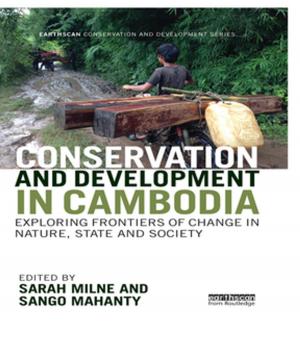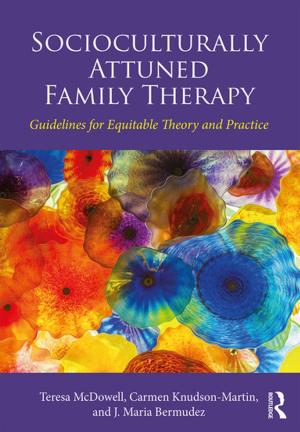AGEING SOCIETIES
Nonfiction, Science & Nature, Science, Earth Sciences, Geography, Social & Cultural Studies, Social Science, Human Geography| Author: | Sarah Harper | ISBN: | 9781134655489 |
| Publisher: | Taylor and Francis | Publication: | May 1, 2014 |
| Imprint: | Routledge | Language: | English |
| Author: | Sarah Harper |
| ISBN: | 9781134655489 |
| Publisher: | Taylor and Francis |
| Publication: | May 1, 2014 |
| Imprint: | Routledge |
| Language: | English |
Demographic ageing is a reality - within 25 years half the population of Western Europe will be over 50, one quarter over 65, and the Less Developed Countries will contain one billion elderly people. Ageing Societies examines the myths, challenges and opportunities behind these figures.
Ageing Societies explores three areas:
§ the growing necessity for extending economic activity into later life and the implications of societal ageing for the intergenerational contract and the provision of social security
§ the changes in modern families and the implications the changes have for the provision of support and care for the ageing population
§ the biggest demographic challenge of all: ageing in the Less Developed Countries where there is little or no infrastructure to provide long-term care or social security.
Combining bio-demography, sociology, economics and development studies, Ageing Societies highlights the opportunities of an ageing population for a mature society. Age-integrated and flexible workforces, increased labour mobility, intergenerational integration, age equality and politically stable age-integrated societies are the potential benefits of a demography which will be with us for the majority of this century.
Demographic ageing is a reality - within 25 years half the population of Western Europe will be over 50, one quarter over 65, and the Less Developed Countries will contain one billion elderly people. Ageing Societies examines the myths, challenges and opportunities behind these figures.
Ageing Societies explores three areas:
§ the growing necessity for extending economic activity into later life and the implications of societal ageing for the intergenerational contract and the provision of social security
§ the changes in modern families and the implications the changes have for the provision of support and care for the ageing population
§ the biggest demographic challenge of all: ageing in the Less Developed Countries where there is little or no infrastructure to provide long-term care or social security.
Combining bio-demography, sociology, economics and development studies, Ageing Societies highlights the opportunities of an ageing population for a mature society. Age-integrated and flexible workforces, increased labour mobility, intergenerational integration, age equality and politically stable age-integrated societies are the potential benefits of a demography which will be with us for the majority of this century.















